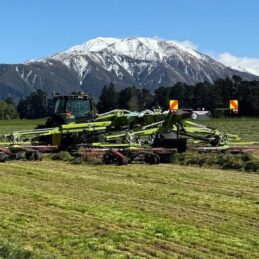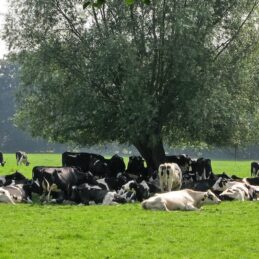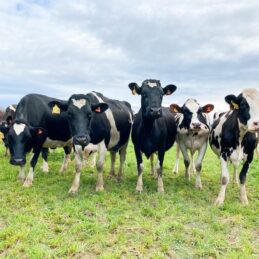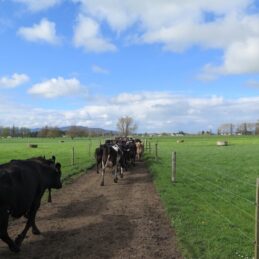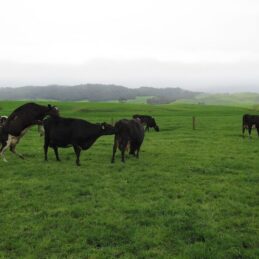
PRACTICAL ADVICE
We are frequently asked by publications to help provide insight into essential and prevalent issues. These include animal nutrition features written by our technical specialists. Practical advice that works made available to you. Sit back and have a read.


Nutritech Performance Awards 2015/16 season
The Nutritech Performance Awards were presented at the HFNZ Awards on Tuesday 20 June 2017 during the Annual Conference week in Otago. Adam Clay, Nutritech's Ruminant and Forage Technical Services Manager attended the event to present the awards. Prizes are awarded to the herd owners with the highest $ earning herd average based on the Fonterra [...]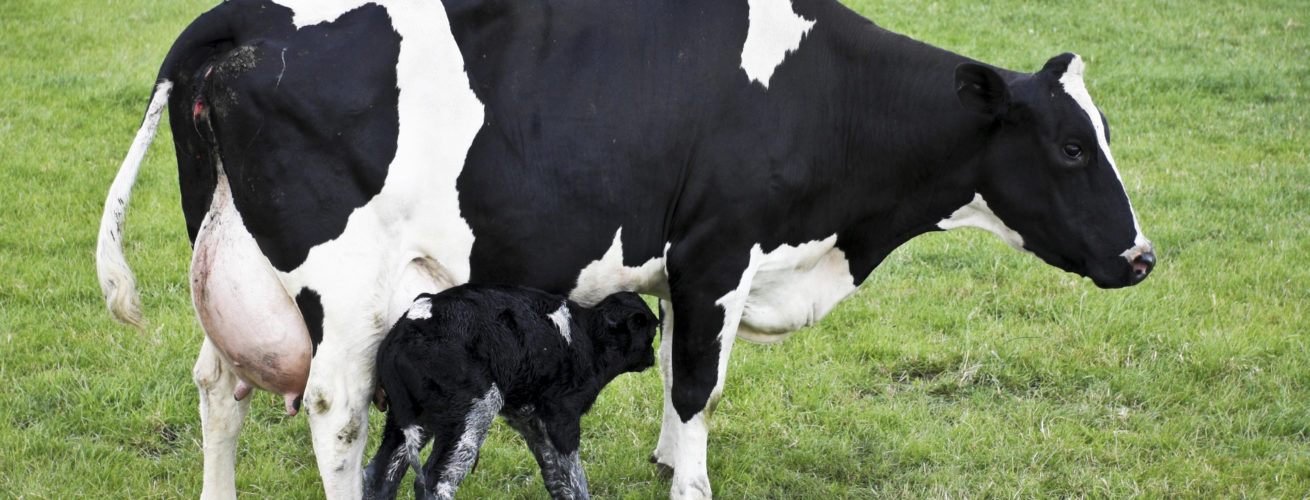
Calf Rearing Basics
Giving your calves a great start in life has its rewards – healthy animals mean better returns. This Nutritech calving guide provides some coaching on how to create the optimum environment and conditions to enable your calves to flourish. Shelter Calves should be sheltered indoors for at least three to four weeks after birth. A [...]
Management and Technical Team Update
Nutritech is proud to announce that Nadine Huitema will be joining Nutritech International on the 6th September 2017 as a Ruminant Nutritionist and Forage Support person based in Taupo. Nadine grew up on a dairy farm just south of Cambridge. She studied at the University of Waikato where in 2011 she graduated with a Bachelor [...]Meet Trish Lewis
Animal nutrition specialist Trish Lewis has joined the Nutritech Technical Team as a Forage and Nutrition Consultant. Trish will continue to work as an independent consultant to the industry, and will also support the Nutritech’s field team and their customers to make better silage and provide advice on how best to utilise home grown feed. […]

Transition Cow Nutrition
Various factors contribute to the profitability of any New Zealand dairy herd, production, longevity, fertility and cow health could all be considered key factors. Managing a successful transition period is a key element to achieving all these factors. Poor feeding and management during the transition period can result in a host of problems around calving [...]
Benefits of Calf Rearing Supplements
Trials in NZ and overseas have demonstrated the long term benefits of good calf rearing in terms of improved production and health. Freshly born calves have yet to develop their immune systems, so rely initially on antibodies in colostrum for early protection against potential pathogens. However, this does not provide complete protection, especially during periods [...]
Transition Cow Feeding and Management
A significant proportion of any herd’s health and welfare costs can come from the 3 weeks pre-calving to the 3 weeks post-calving. This is the period where the cow lays down the building blocks for the coming lactation, so minimising metabolic disease and implementing a system to reduce negative energy balance and maximise post-calving dry [...]
Silage Inoculants for Maize & Whole Crop Silages
Last month’s article considered principles and techniques for making high quality maize and whole crop silages, including the use of appropriate inoculants. The preference until fairly recently was to rely on homofermentative lactic acid producing bacterial inoculants, due to lactic being a strong acid so aiding rapid fermentation thus lower dry matter losses than untreated [...]


